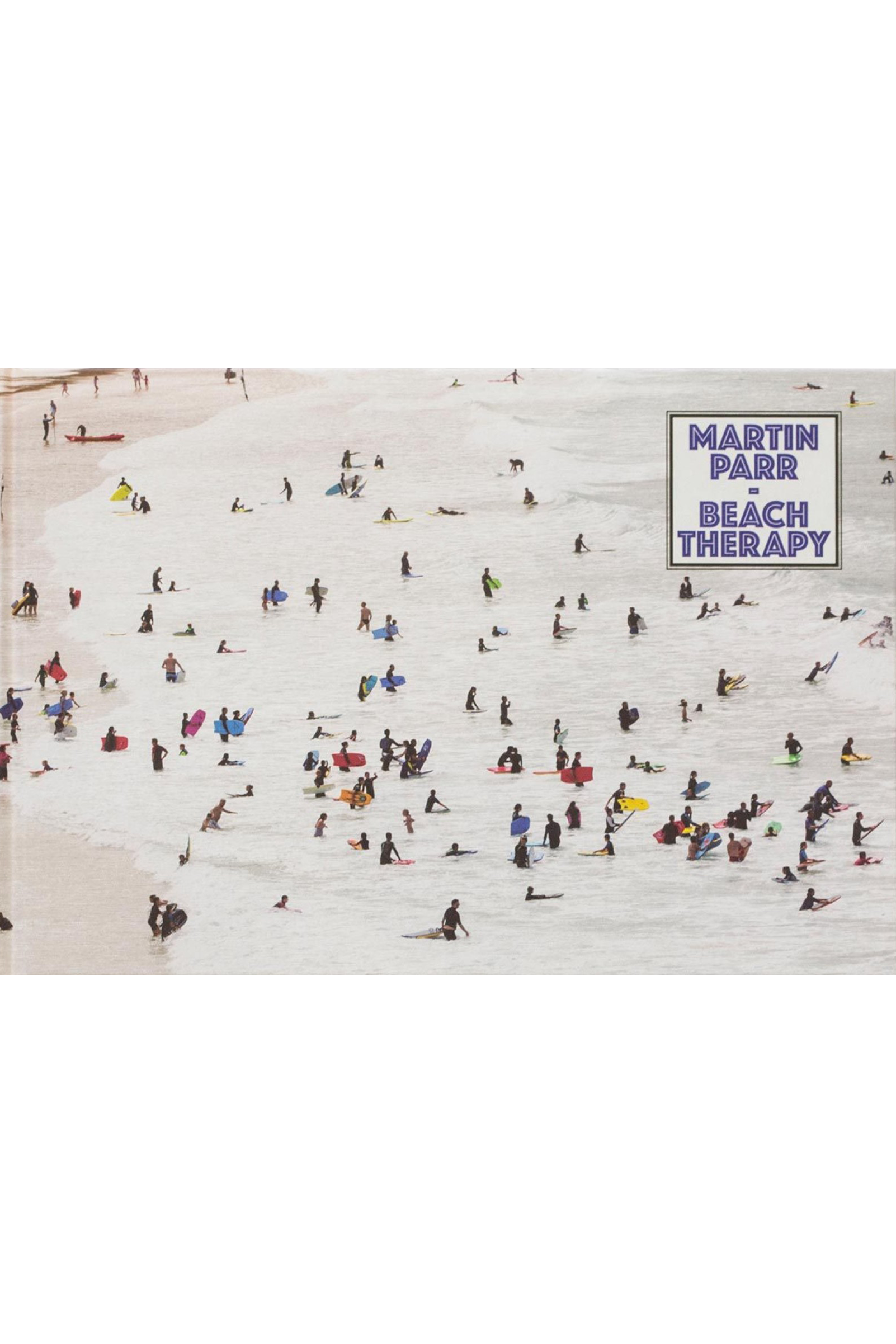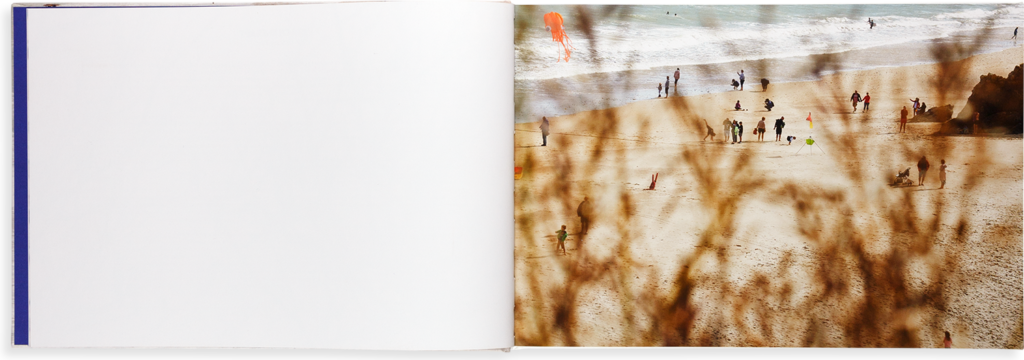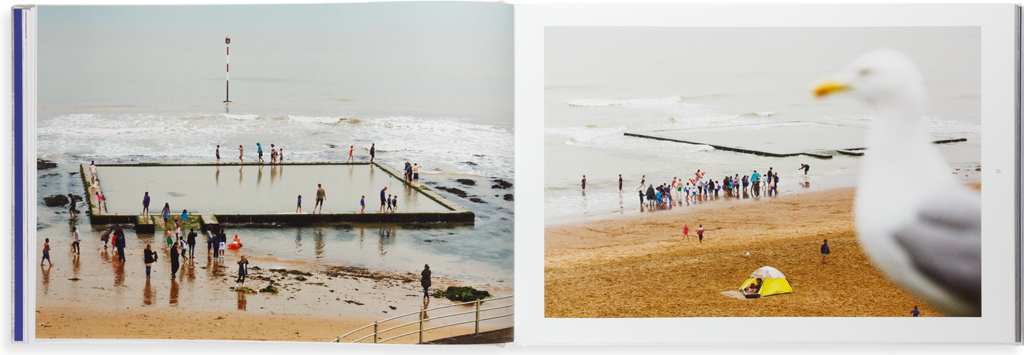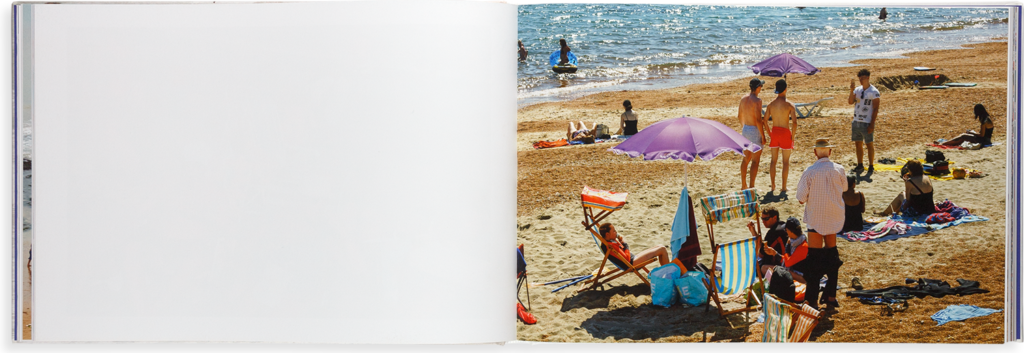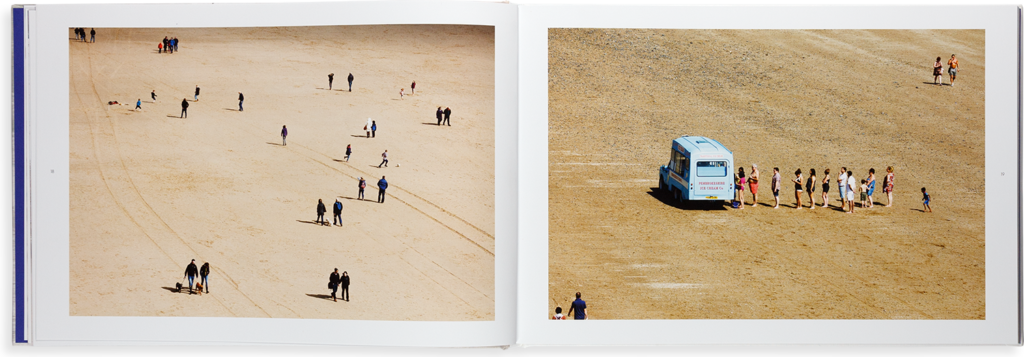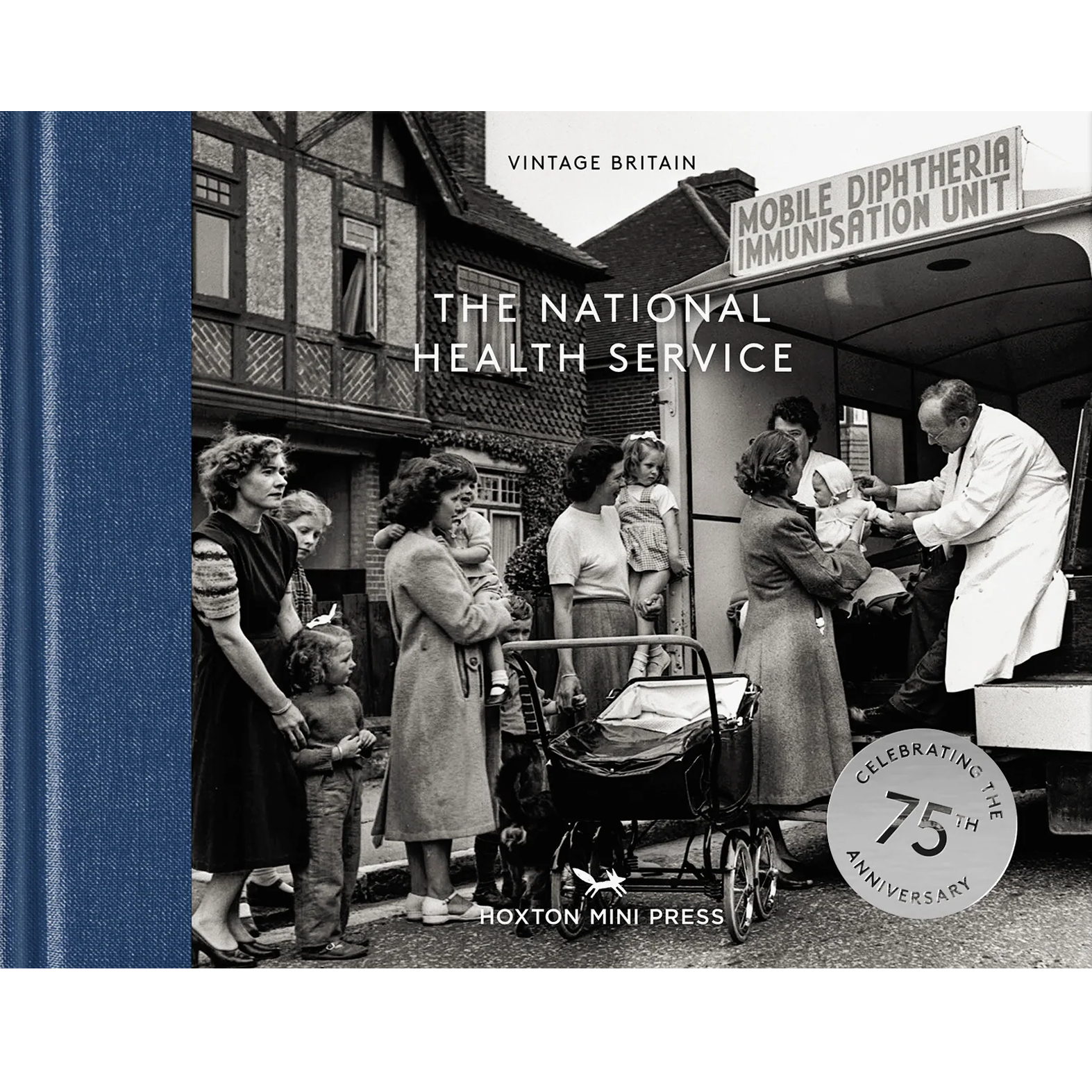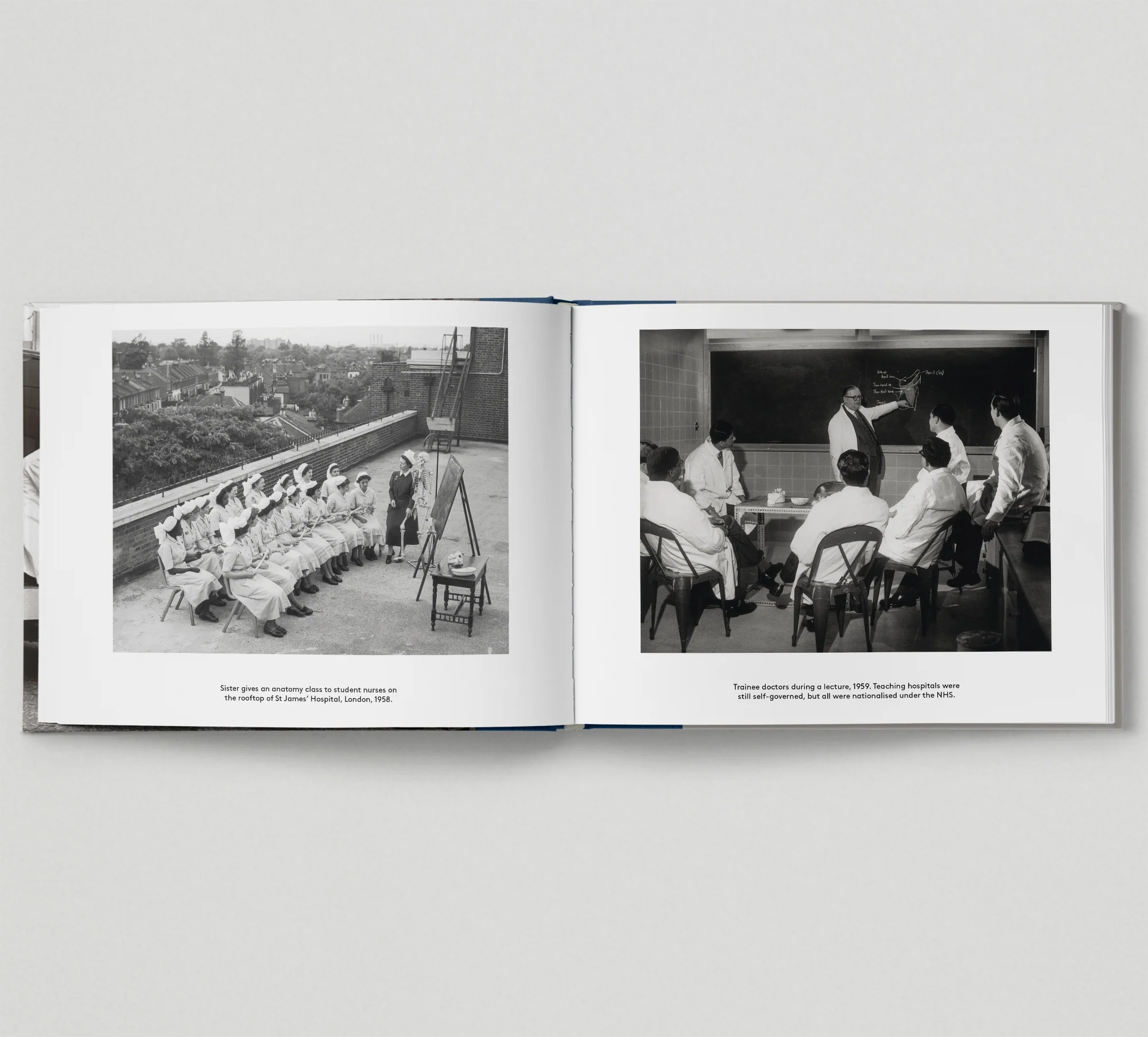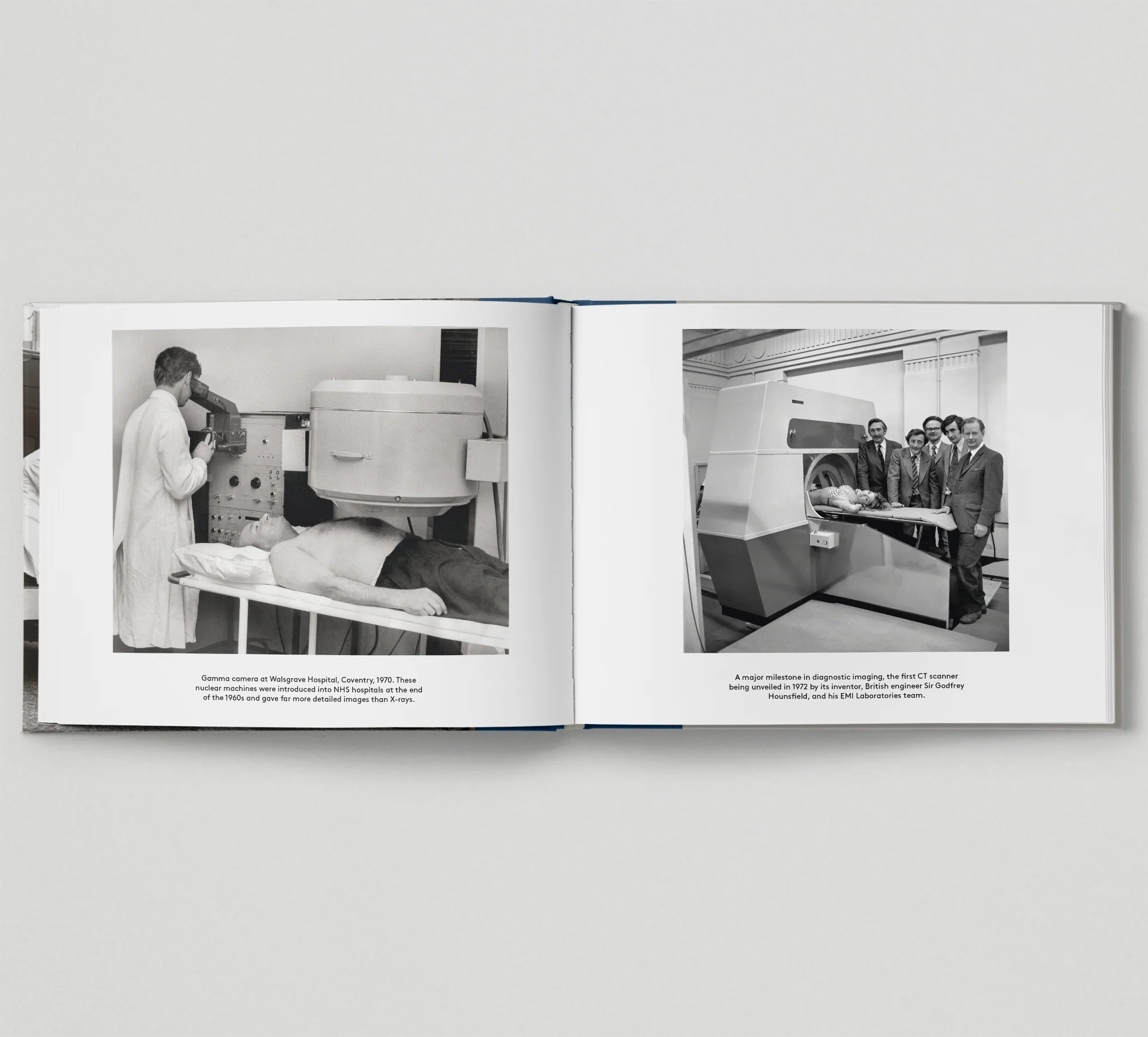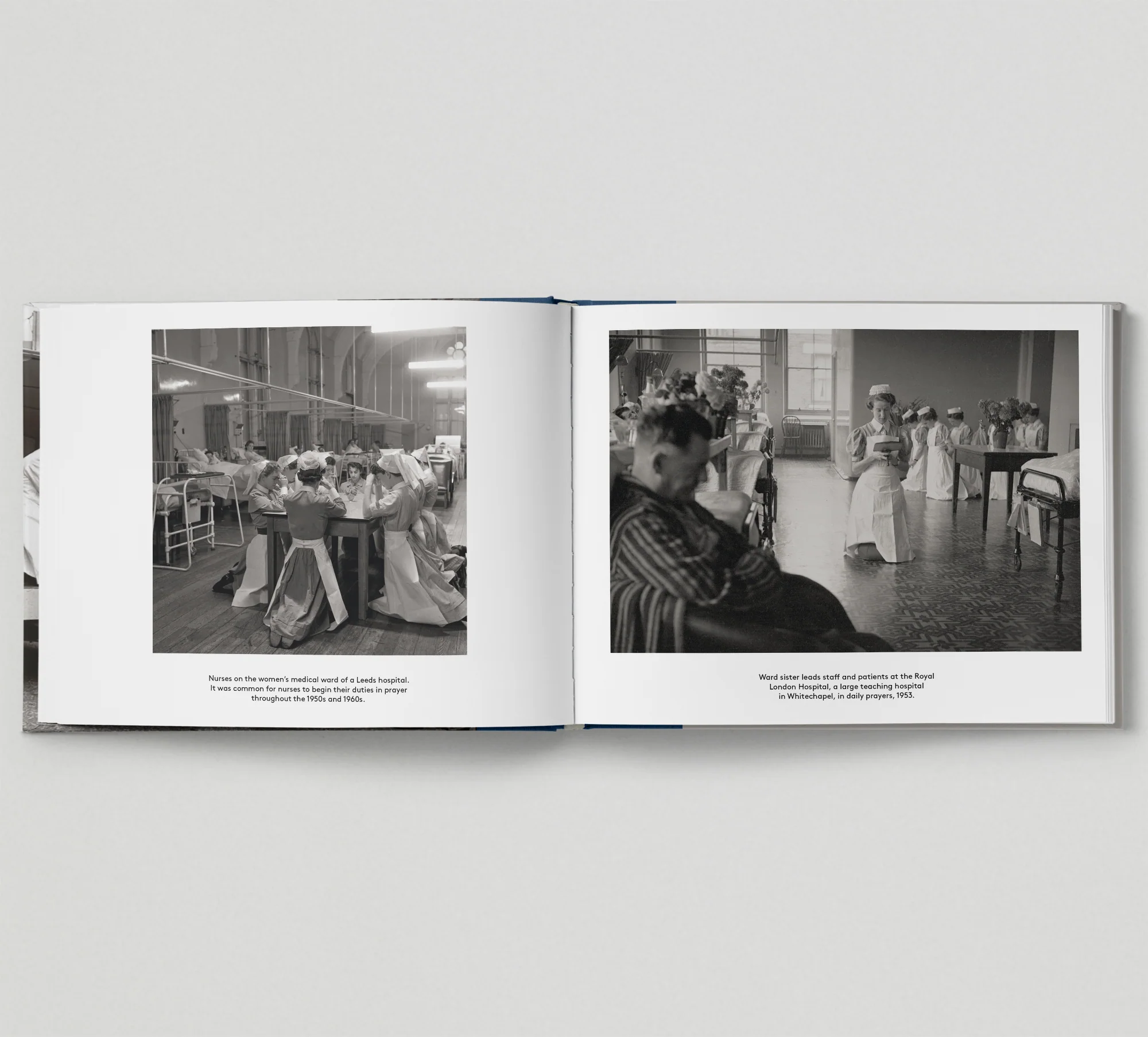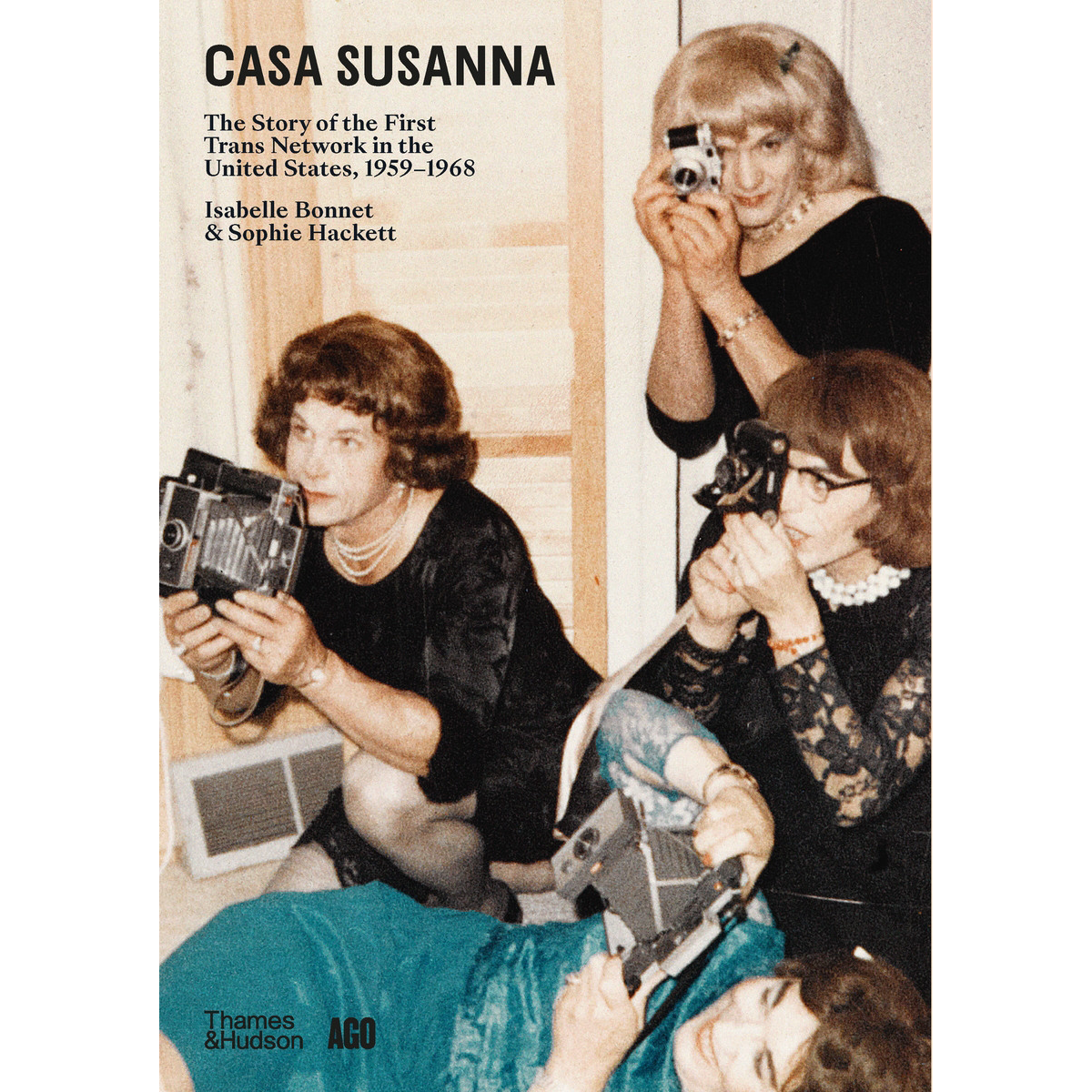 Image 1 of 6
Image 1 of 6

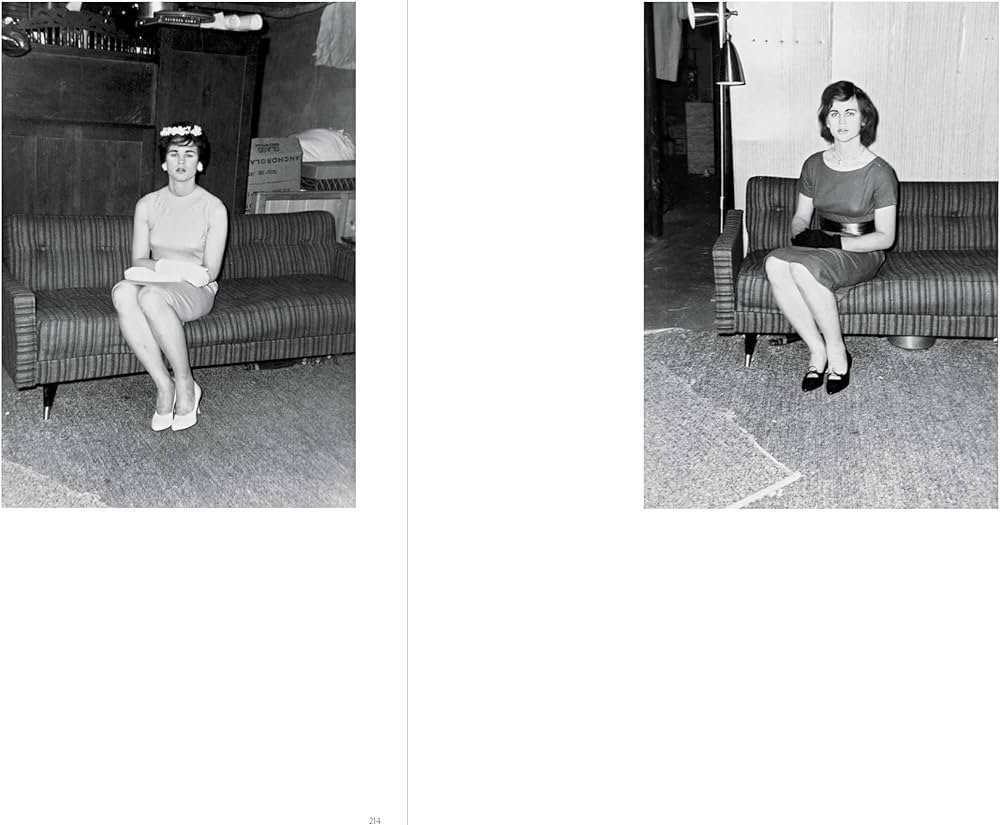 Image 2 of 6
Image 2 of 6

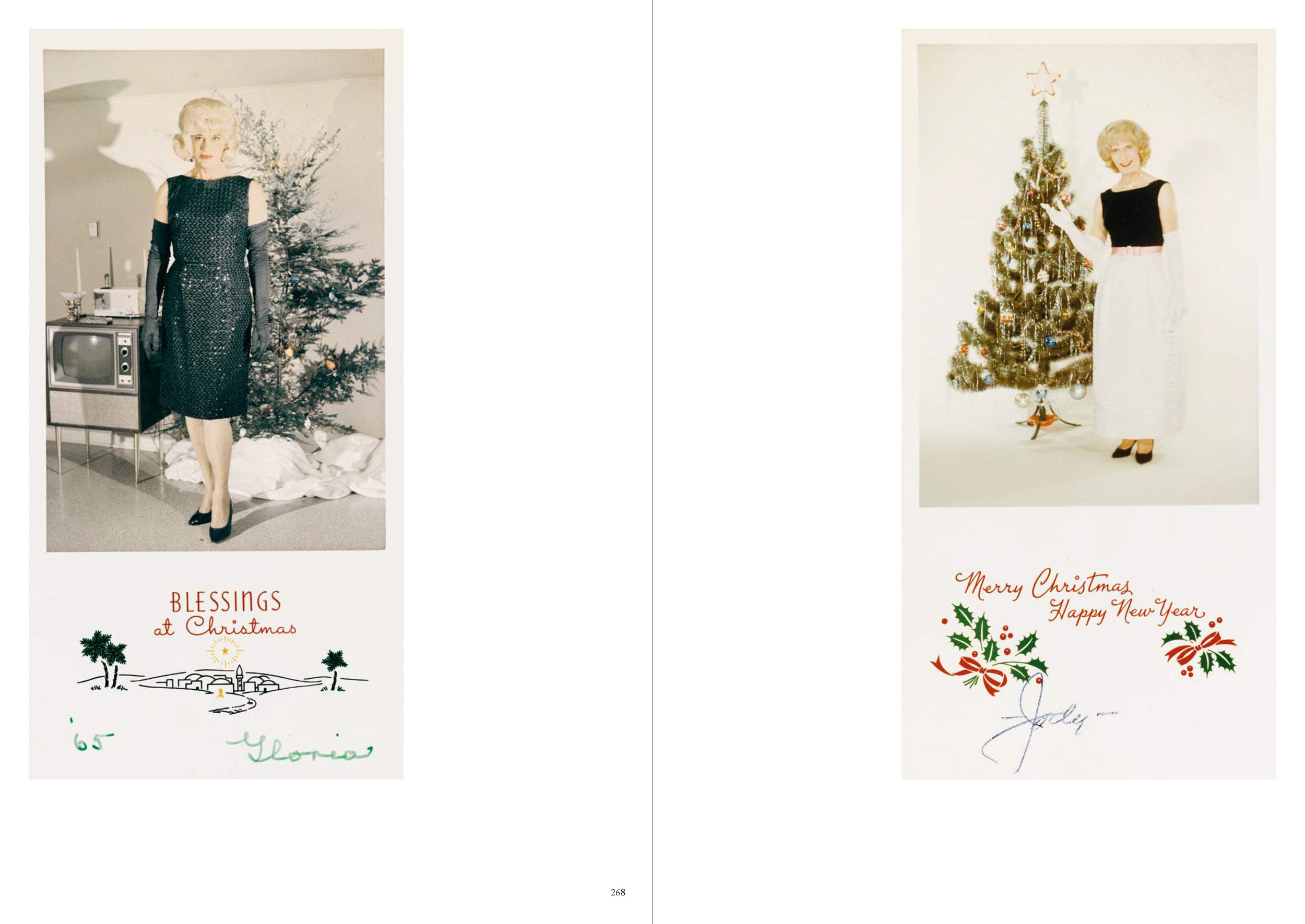 Image 3 of 6
Image 3 of 6

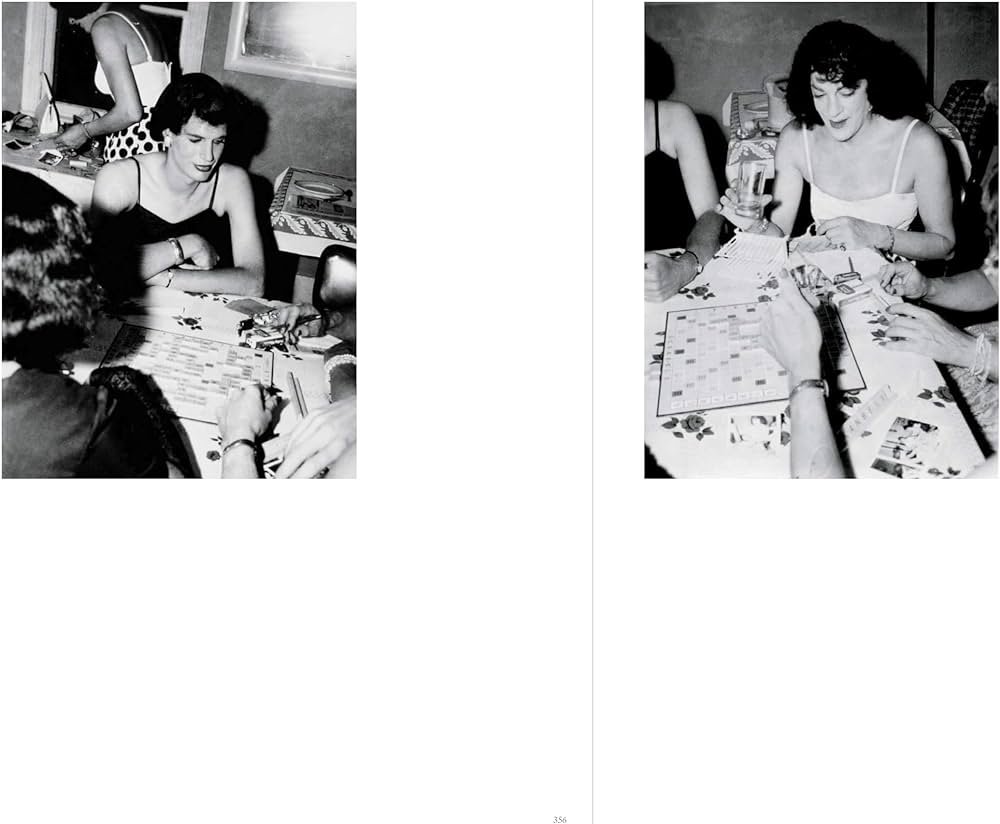 Image 4 of 6
Image 4 of 6

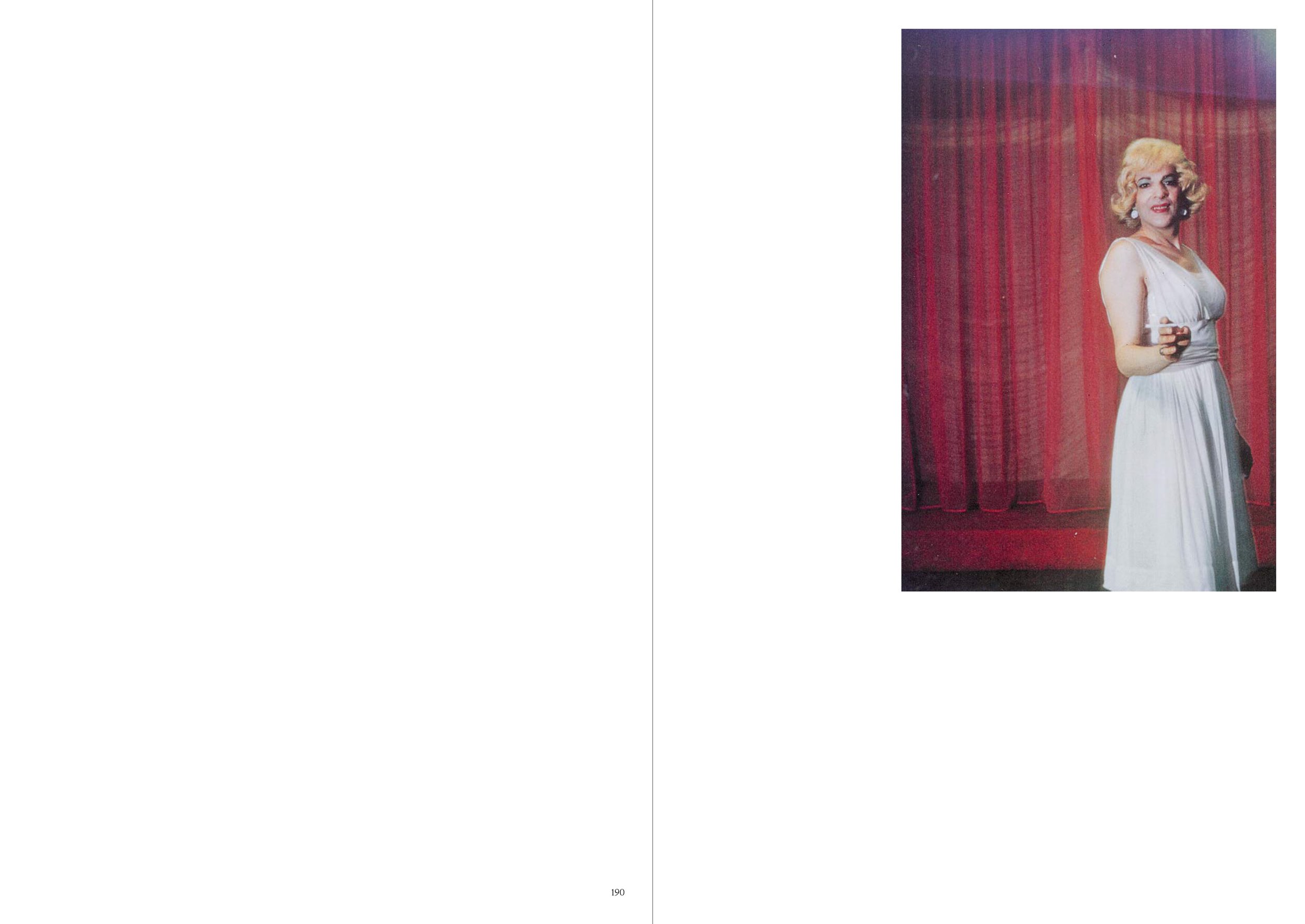 Image 5 of 6
Image 5 of 6

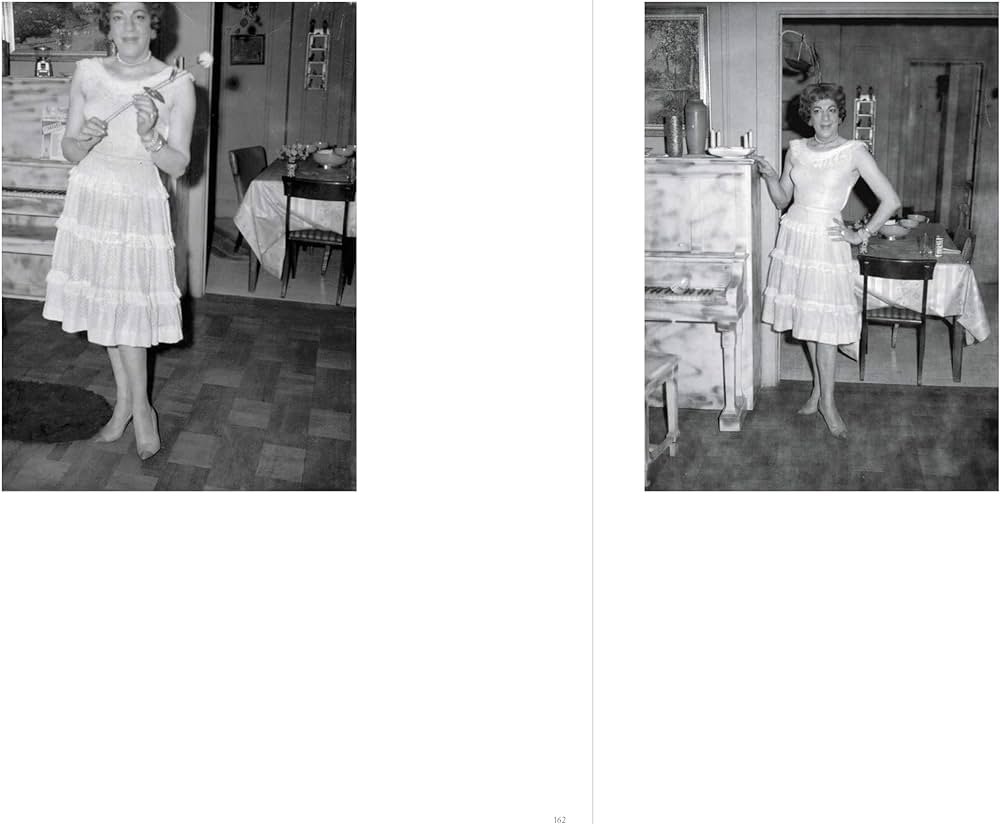 Image 6 of 6
Image 6 of 6







Casa Susanna
Casa Susanna: The Story of the First Trans Network in the United States, 1959-1968 | By Isobelle Bonnet and Sophie Hackett
This book brings together a wealth of research and an expansive selection of photographs to create an enduring account of America's first known trans network, Casa Susanna. In the 1950s and 60s, an underground network of transgender women and cross-dressing men found refuge at a modest house in the Catskills region of New York. Known as Casa Susanna, the house provided a safe place to express their true selves and live for a few days as they had always dreamed - dressed as and living as women without fear of being incarcerated or institutionalised for their self-expression.
The photographs - mostly discovered by chance in a New York flea market in 2004 - chronicle the experiences of men who dressed as women, gender nonconforming people, and transwomen in states of relaxation, experimentation, connection and joy. All of this was made possible by Susanna Valenti who - on her own journey toward womanhood - created Casa Susanna, a protected space where others could crossdress and live freely as women.
Supplementing the images are excerpts from Transvestia, a magazine that allowed those who had been cast out by a rigidly binary society to connect in a different medium. The people who came to Casa Susanna found a spot where they could explore and celebrate their own and each other’s femininity, as they could not do elsewhere. Their creations are also a reminder that there were, and still are, many ways to explore the boundaries of gender.
Casa Susanna: The Story of the First Trans Network in the United States, 1959-1968 | By Isobelle Bonnet and Sophie Hackett
This book brings together a wealth of research and an expansive selection of photographs to create an enduring account of America's first known trans network, Casa Susanna. In the 1950s and 60s, an underground network of transgender women and cross-dressing men found refuge at a modest house in the Catskills region of New York. Known as Casa Susanna, the house provided a safe place to express their true selves and live for a few days as they had always dreamed - dressed as and living as women without fear of being incarcerated or institutionalised for their self-expression.
The photographs - mostly discovered by chance in a New York flea market in 2004 - chronicle the experiences of men who dressed as women, gender nonconforming people, and transwomen in states of relaxation, experimentation, connection and joy. All of this was made possible by Susanna Valenti who - on her own journey toward womanhood - created Casa Susanna, a protected space where others could crossdress and live freely as women.
Supplementing the images are excerpts from Transvestia, a magazine that allowed those who had been cast out by a rigidly binary society to connect in a different medium. The people who came to Casa Susanna found a spot where they could explore and celebrate their own and each other’s femininity, as they could not do elsewhere. Their creations are also a reminder that there were, and still are, many ways to explore the boundaries of gender.
Casa Susanna: The Story of the First Trans Network in the United States, 1959-1968 | By Isobelle Bonnet and Sophie Hackett
This book brings together a wealth of research and an expansive selection of photographs to create an enduring account of America's first known trans network, Casa Susanna. In the 1950s and 60s, an underground network of transgender women and cross-dressing men found refuge at a modest house in the Catskills region of New York. Known as Casa Susanna, the house provided a safe place to express their true selves and live for a few days as they had always dreamed - dressed as and living as women without fear of being incarcerated or institutionalised for their self-expression.
The photographs - mostly discovered by chance in a New York flea market in 2004 - chronicle the experiences of men who dressed as women, gender nonconforming people, and transwomen in states of relaxation, experimentation, connection and joy. All of this was made possible by Susanna Valenti who - on her own journey toward womanhood - created Casa Susanna, a protected space where others could crossdress and live freely as women.
Supplementing the images are excerpts from Transvestia, a magazine that allowed those who had been cast out by a rigidly binary society to connect in a different medium. The people who came to Casa Susanna found a spot where they could explore and celebrate their own and each other’s femininity, as they could not do elsewhere. Their creations are also a reminder that there were, and still are, many ways to explore the boundaries of gender.


